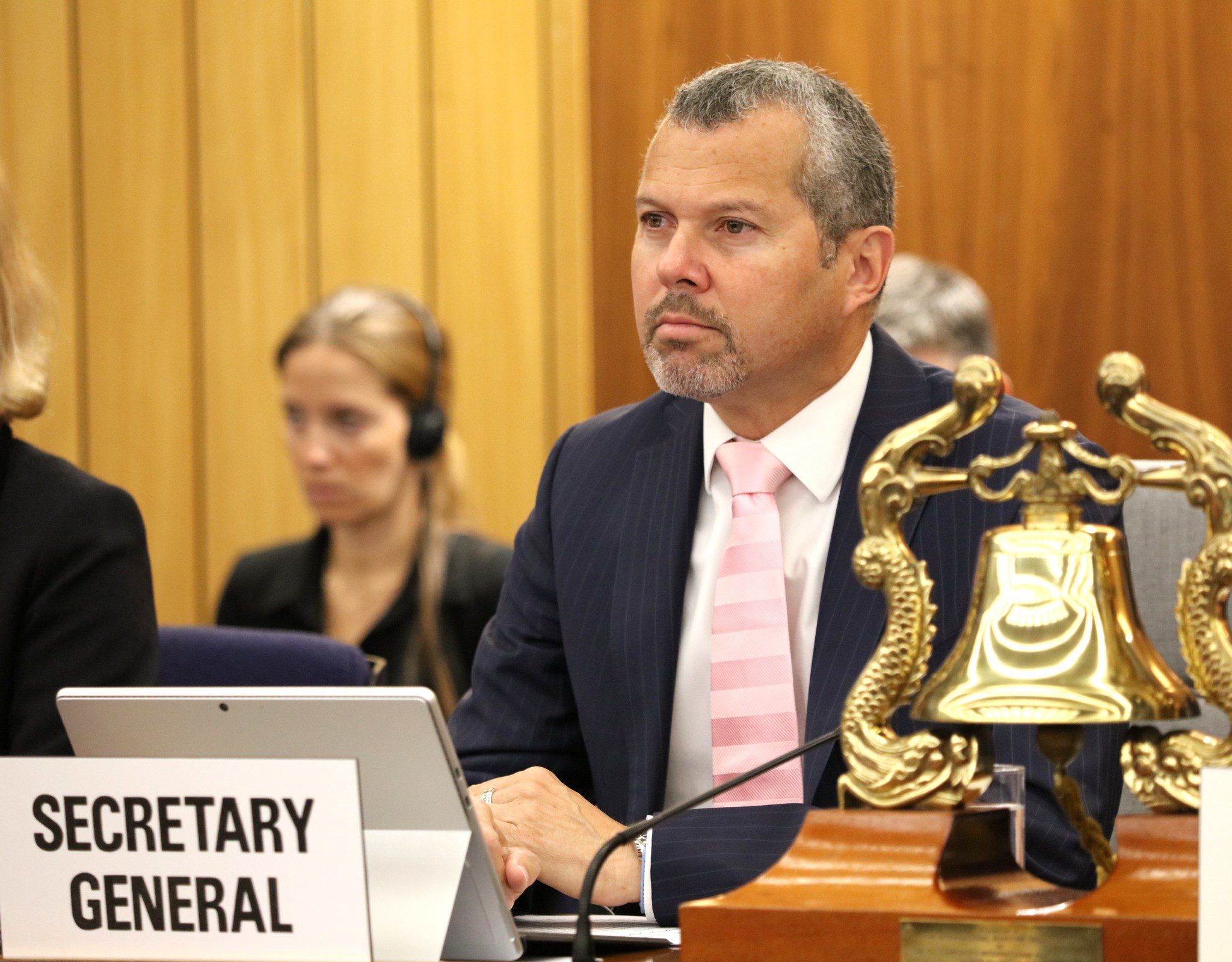By Jonnelle Marte
Jan 28 (Reuters) – Domestic monetary policy actions may do little to tame some of the inflation being driven by global supply chain pressures, researchers for the New York Federal Reserve said in a paper on Friday.
Much of the persistently high inflation seen during the coronavirus pandemic, including in producer price and goods inflation, is highly linked to global supply chain disruptions, researchers said in a new blog post.
“Their global nature and their source (that is, supply as opposed to demand) suggest that domestic monetary policy actions would have only a limited effect on these sources of inflationary pressures,” the researchers wrote.
Inflationary pressures could ease if the supply chain bottlenecks and higher energy costs seen during the pandemic come down, researchers said, pointing to some of the unknowns policymakers will have to navigate as they work to keep higher inflation from becoming entrenched.
U.S. central bank officials signaled this week that they are likely to raise interest rates starting in March to remove the extraordinary support provided during the pandemic. But Fed Chair Jerome Powell offered little guidance on the pace of future rate increases. That outlook may remain clouded as officials wait to see how inflation, the pandemic, and the overall economy react in coming months.
Friday’s blog post incorporates a new index released earlier this month by the New York Fed, which found that global supply chain pressures are near historically high levels but may have peaked. The index, which is based on global shipping rates, air freight costs and other variables, dipped slightly in November and December. (Reporting by Jonnelle Marte Editing by Paul Simao)
(c) Copyright Thomson Reuters 2022.
Sign up for our newsletter

 Join The Club
Join The Club











